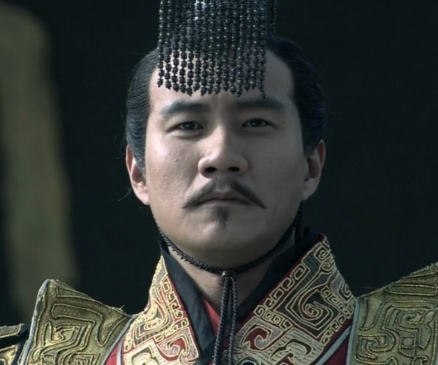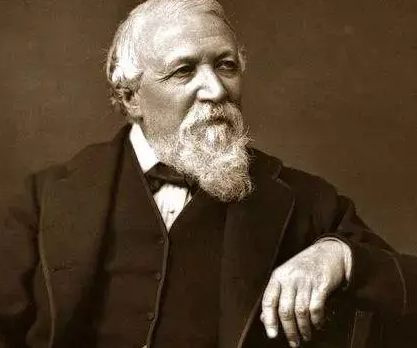In the history of the Three Kingdoms, the Shu Kingdom stood out as a remarkable force due to its unique geographical location and cultural background. Despite having the wise Zhuge Liang and the mighty Five Tiger Generals, the Shu Kingdom ultimately failed to achieve the goal of unifying the country. This article aims to explore the reasons behind this failure.

Firstly, the geographical environment posed significant limitations. Located in the Sichuan Basin, surrounded by mountains on all sides, the Shu Kingdom enjoyed natural barriers but was limited in its ability to expand and develop externally. Compared to the Wei and Wu Kingdoms, the Shu Kingdom suffered from inconvenient transportation and scarce resources, which hindered its chances of unifying the country.
Secondly, internal political factors played a role. Although Liu Bei was assisted by talents such as Zhuge Liang when establishing the Shu Kingdom, after his death, Liu Shan inherited the throne but lacked the ability to effectively rule the country. Furthermore, there were unstable factors within the Shu Kingdom, such as eunuch power and official corruption, which weakened its internal cohesion.
Thirdly, external pressure and the costs of war took their toll. The Shu Kingdom, amidst the triangular rivalry of the Three Kingdoms, constantly faced pressure from the Wei and Wu Kingdoms. The strong military strength of the Wei Kingdom made it difficult for the Shu Kingdom to make significant achievements. At the same time, to safeguard its own security and interests, the Shu Kingdom had to engage in frequent wars with the Wei and Wu Kingdoms, draining its resources of manpower, material, and finance.
Fourthly, strategic misdecisions contributed to the failure. While Zhuge Liang was renowned as the "Sage of Wisdom," some of his strategic decisions were flawed. For example, the strategy of the Northern Expedition into the Central Plains, while theoretically correct, was too radical and risky. This resulted in heavy losses for the Shu Kingdom and prevented it from achieving decisive victories.
In conclusion, despite having Zhuge Liang and the mighty Five Tiger Generals, the Shu Kingdom failed to unify the country due to geographical limitations, internal political factors, external pressure and war exhaustion, as well as strategic misdecisions. However, the unique status and contributions of the Shu Kingdom in the history of the Three Kingdoms still deserve our thorough research and recognition.
Disclaimer: The above content is sourced from the internet and the copyright belongs to the original author. If there is any infringement of your original copyright, please inform us and we will delete the relevant content as soon as possible.
































